Art Hacks and Pointers for Pen and Ink
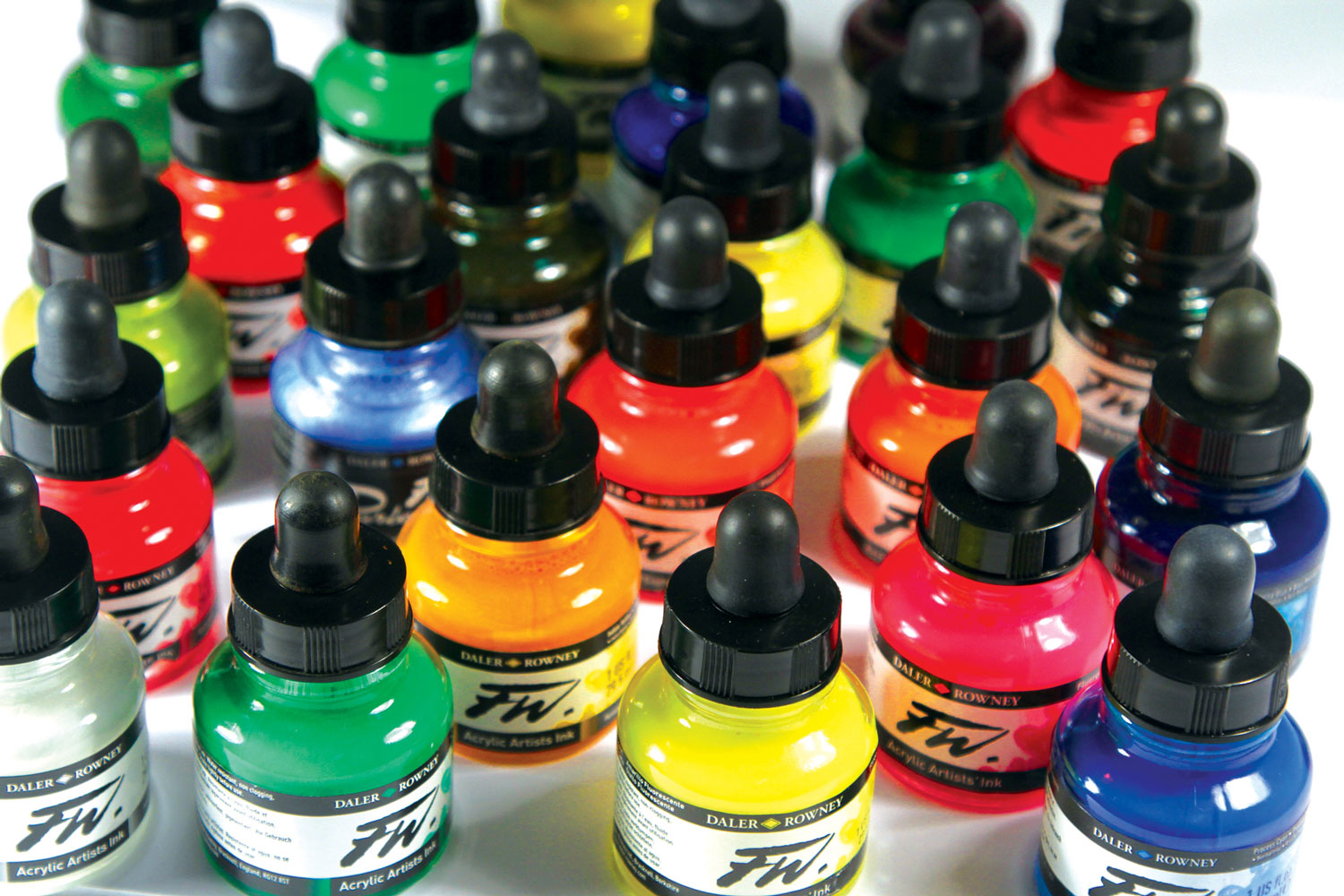
Hacks for Ink-Credible Work Plus Pen and Ink Techniques for Beginners
Try all these tips for working with pen and ink in your next sketch, scribble or drawing! Plus brush up on the pen and ink techniques for beginners we feature here, so you have great success using this fluid art material, storing for your favorite inks, and more.
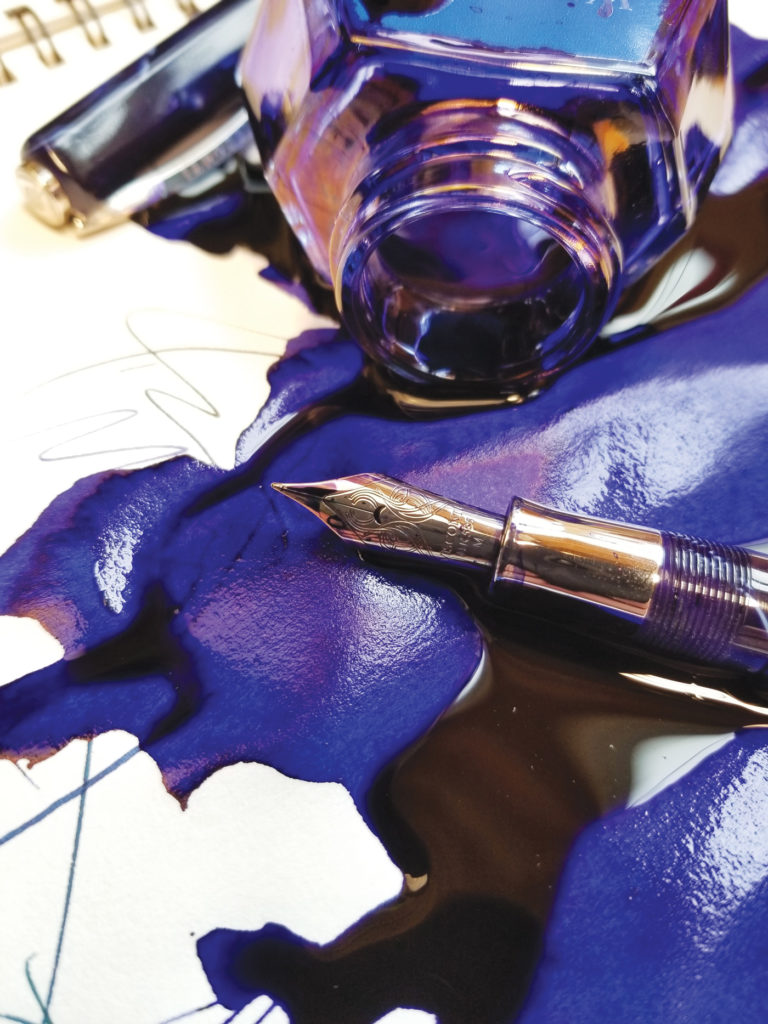
Basic Black — and More
Black India ink is your go-to. It’s pigment-based, lightfast, permanent and waterproof. But if you want to go beyond black, cartridge pens let you swap out colors with ease. No need for an old-school ink well.
When you are ready to put your inks to the test, Creating Textures in Pen & Ink with Watercolor with Claudia Nice, Part 1 is your guide.
No Take-Backs
With pen and ink, you can’t undo a stroke. Here’s what to do instead.
● Pencil first. No one says you have to go permanent right off.
● Think twice, ink once.
● Practice. Keep scrap paper nearby to make trial runs of complicated passages.
● Add on. Just keep going with more strokes, a wash of water or watercolor, or pieces of paper for a collaged look.
● Embrace it. Don’t think of anything you put down as a mistake—it’s a challenge and an opportunity. Make the most of it.
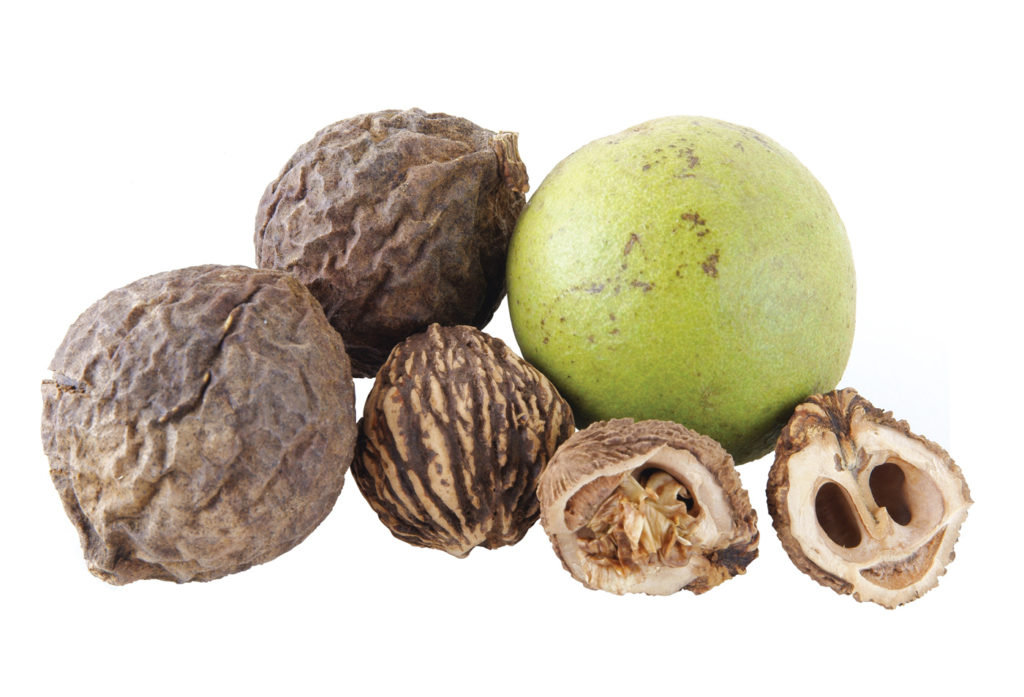
DIY Ink
You can make ink by boiling the fruits of oak or black walnut trees.
1. Look for the darkest fruits that drop to the ground.
2. Bring them to a boil in water and then simmer them for four to six hours, adding water as needed.
3. Pour the liquid through a cheese cloth to strain—twice.
4. Add a bit of ethyl alcohol (to kill anything oogy).
5. Add gum arabic as a binder. Now you’ve got sepia-toned brown ink close to what Rembrandt used.
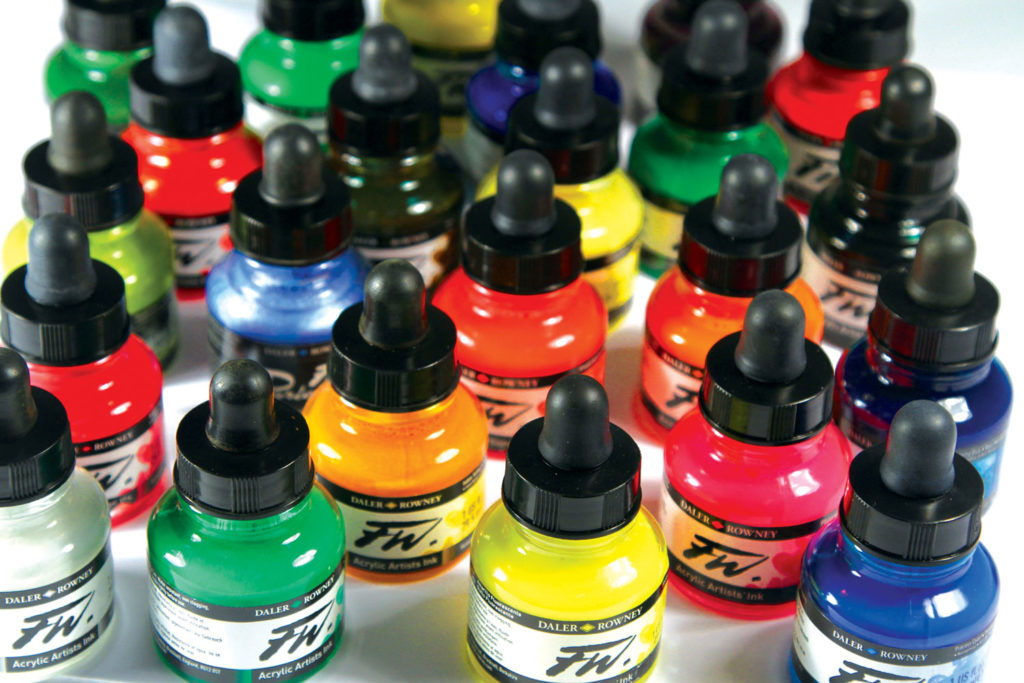
Light Matters — Sponsored Tip
Be careful of where you display or work with colored inks—many aren’t lightfast! FW’s are both lightfast and permanent because they are made with real pigment.
FW Artists’ Ink is a pigmented, water-resistant fluid acrylic in a range of 45 colors and 22 pearlescent colors. A high degree of lightfastness over a large range of fully intermixable colors makes them ideal for use by artists.
Colors can also be diluted to achieve the most subtle of tones, very similar in character to watercolor. FW fluid acrylic will dry to a water-resistant film on virtually all surfaces and successive layers can be laid over.
FW works best with the new FW Mixed Media Markers in various sizes and assorted tips, as well as with traditional brushes, airbrushes, dip pens and other technical pens.
For more info, visit Daler-Rowney on Facebook and on their website.
On the Surface
With pen and ink, your surface is probably paper. Take advantage of that—turn your surface often for a full range of strokes and working angles. Experiment with recycled paper, drawing paper, Bristol board and matte inkjet paper, as well as cold-pressed and hotpressed surfaces. Your marks will look different on each.
Vincent Variety
Van Gogh’s drawings show a diversity of marks. He used reed, quill and fountain pens to create line variety. Follow suit!
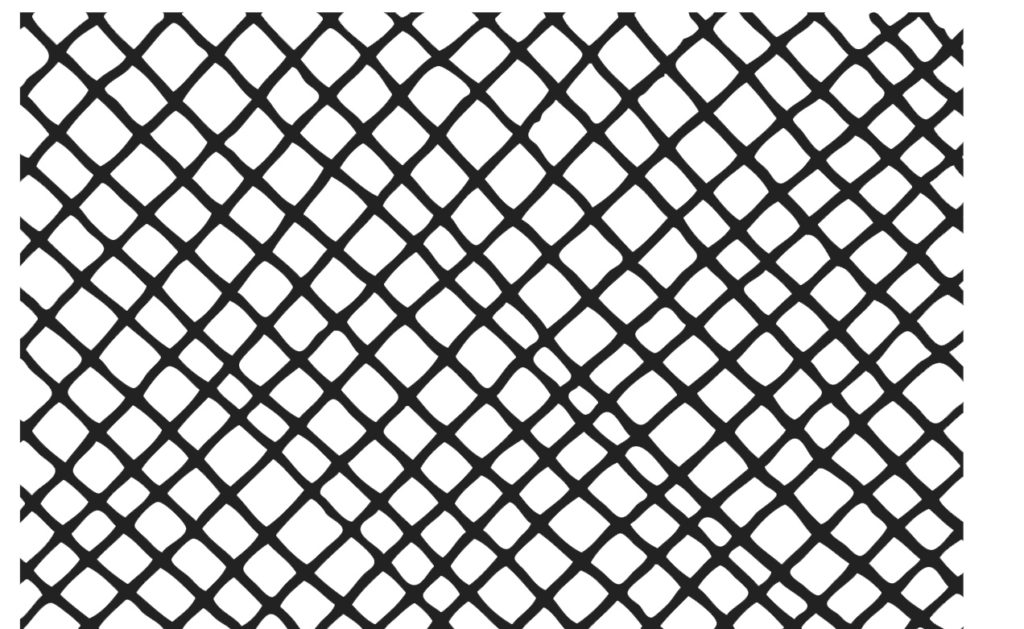
Map Your Marks
● Tackle the largest, lightest areas first. Make your hatch lines and crosshatches broadly and with a light hand.
● Go from light marks to dark. That way you give yourself an out for additional marks.
● Dots, hatches, crosshatches, flowing lines, scribbles—use them all!
This Month’s Winning Art Hack
“Often one or more legs of my plein air easel sink into the ground, so I put plastic lids from peanut butter jars under the legs for a sturdier, more reliable surface to support my easel. I also keep spares in my kit for water dishes, mixing palettes and other uses.” —Cindy Trevitt
Meet the Sponsor
Daler-Rowney can trace its London roots right back to the 18th century. The Rowney Company was founded in 1783 when Richard and Thomas Rowney – who ran a store selling perfume and wigs – decided to channel their efforts into the development of colors for artists. The company quickly built up a reputation for producing top quality art materials. It is with great pride that it continues to do so today, covering all channels and sectors of the fine arts market, with made-to-measure products created for professional and amateur artists as well as students and beginners.
Your Art Hacks — Ink and Beyond
Win a month of free access to Artists Network TV! Email your favorite art hack to info@ artistsmagazine.com with this subject line: “Art Hacks” to be in the running each month. Submissions may be edited for length and clarity.
From Our Shop
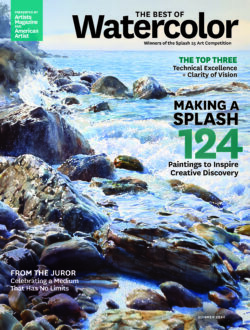
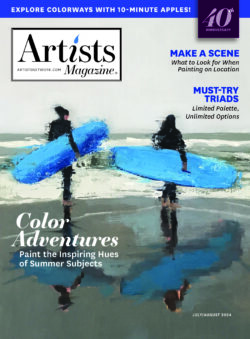



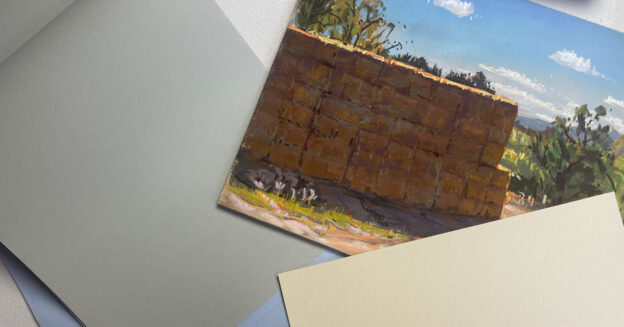
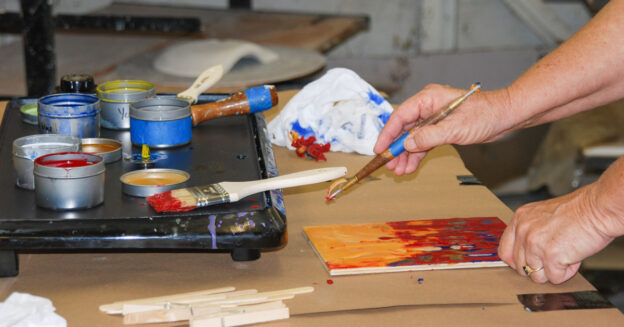
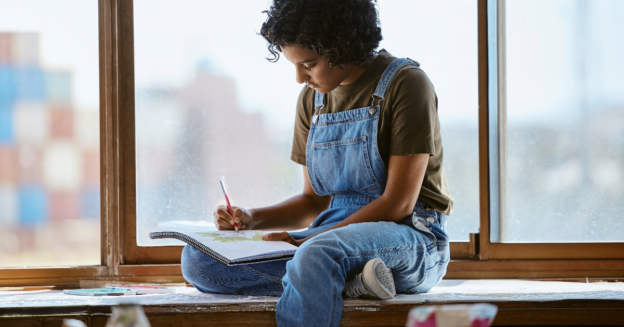
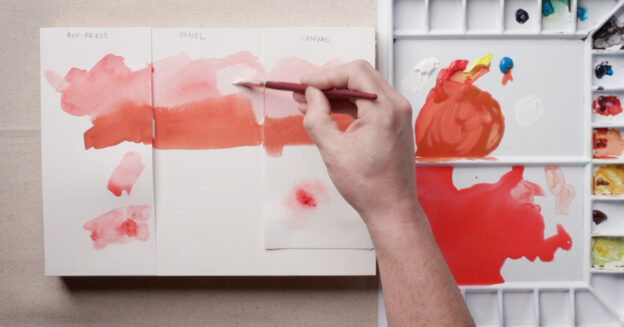

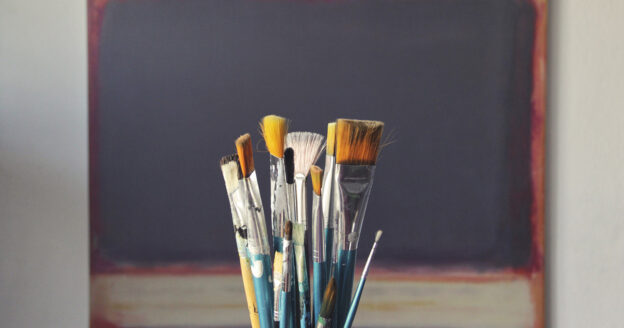
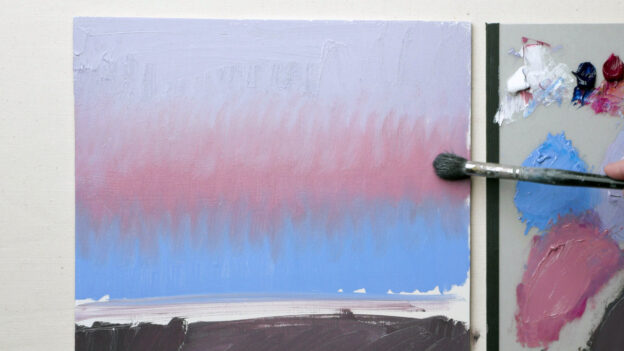

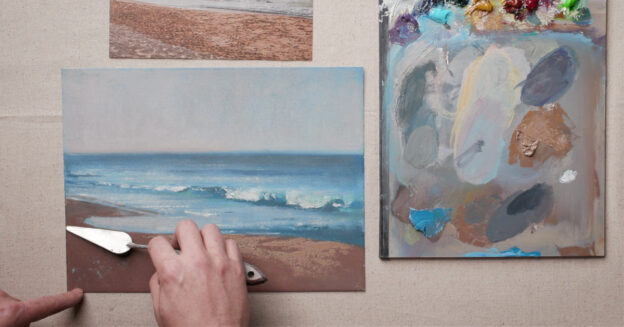
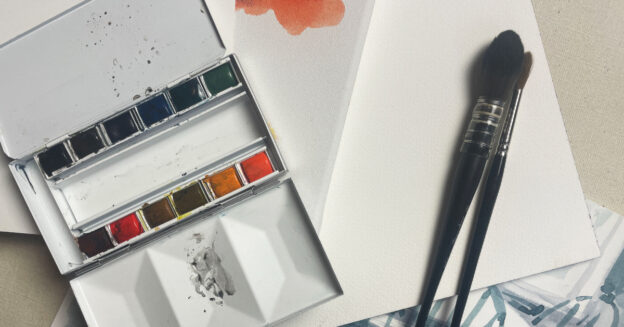
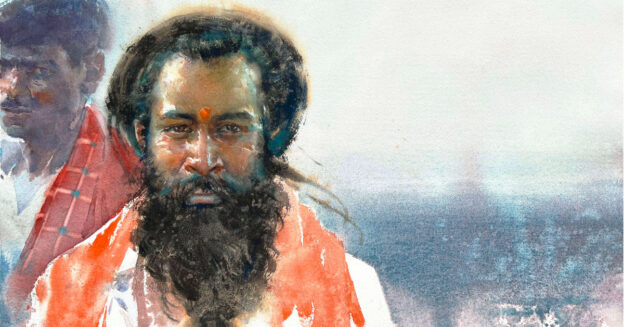
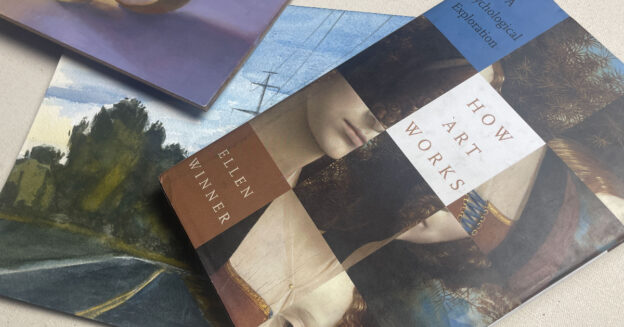
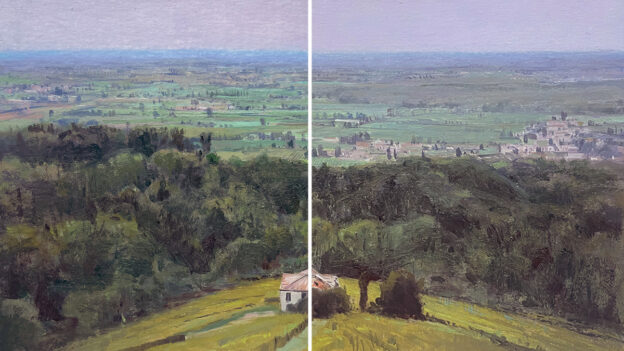
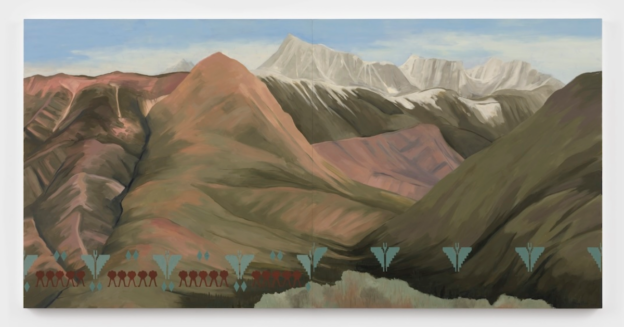
Join the Conversation!